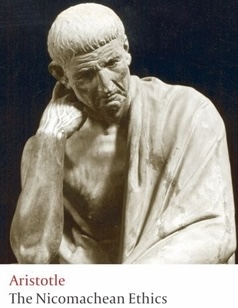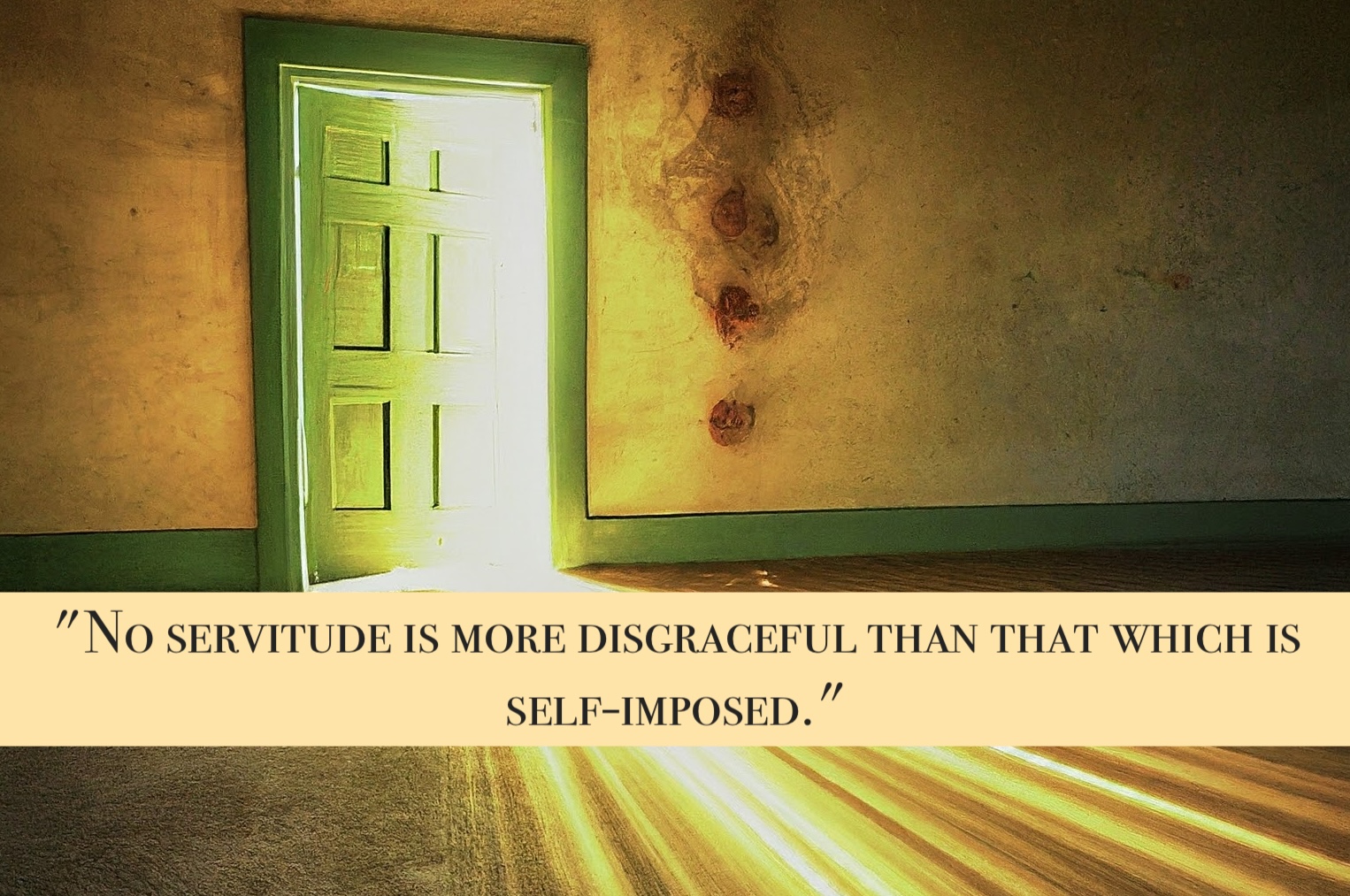We Must Cultivate Our garden…

Voltaire's Candide is a masterpiece of the Enlightenment period that critiques the optimism of its time to its core. This short story follows the adventures of a young man named Candide, who experiences countless misfortunes on his journey. Through Candide's misadventures, Voltaire exposes the fallacy of optimism and presents his belief that this is not the best of all possible worlds.
One of the main messages of Candide is that evil serves no teleological purpose and that optimism is absurd. Candide encounters numerous instances of horrific violence, disease, and corruption, which are all portrayed as evidence that this world is far from perfect. For example, Candide is forced to flee from his home after being caught kissing the Baron's daughter, and he subsequently experiences multiple near-death experiences, including being flogged by soldiers, nearly being killed by a war, and being enslaved in South America.
Through Candide's misfortunes, Voltaire argues that the world is not predetermined to work in any particular way, and that anything can happen to anyone. Good things can happen to bad people and bad things can happen to good people. There is no optimism or karma. Life is just a deck of well-shuffled playing cards. This idea of randomness and unpredictability is also central to Albert Camus's philosophy of absurdism.
Camus believed that the universe is fundamentally meaningless, but that it is up to individuals to create their own meaning in life. In this sense, the absurdity of life is not a tragedy, but rather a liberating realization that frees us from the constraints of false hope and the need to find meaning in external forces. Candide's experiences reflect this sense of absurdity, as he struggles to find meaning in a world that seems inherently chaotic and unpredictable.
In addition to its philosophical themes, Candide is also a critique of the social and political institutions of its time. Voltaire was a staunch critic of the Catholic Church and the aristocracy, and Candide reflects his beliefs that these institutions were corrupt and in need of reform. For example, the character of Pangloss, Candide's mentor, represents the optimism and naivete of the Enlightenment, while the Inquisition and other oppressive institutions represent the harsh realities of the world.
Voltaire's Candide is a powerful critique of optimism and a reflection of the social and political tensions of the Enlightenment period. Through its absurd and unpredictable plot, Candide exposes the fallacy of the idea that this is the best of all possible worlds and highlights the need for individuals to create their own meaning in life.
At the end of the story, Candide and his companions are living on a small farm, having renounced their previous lives of wealth and privilege. They are content to work the land and tend to their own needs, rather than trying to change the world or pursue grand ambitions. When Candide asks what they should do next, his friend Cacambo replies: "We must cultivate our own garden."
This advice reflects Voltaire's belief that individuals should focus on improving their own lives and making the world around them a better place, rather than trying to solve all of society's problems or relying on external forces to bring meaning to their lives. By cultivating their own garden, Candide and his companions are taking control of their own destiny and finding fulfillment in the simple pleasures of life.
The phrase "cultivate our own garden" has since become a symbol of personal responsibility and the pursuit of a meaningful life. It encourages individuals to take ownership of their own happiness and to focus on what they can control, rather than becoming overwhelmed by the problems of the world. In this sense, it is a powerful message that still resonates today, centuries after Voltaire wrote his masterpiece.




Leave a Reply
You must be logged in to post a comment.